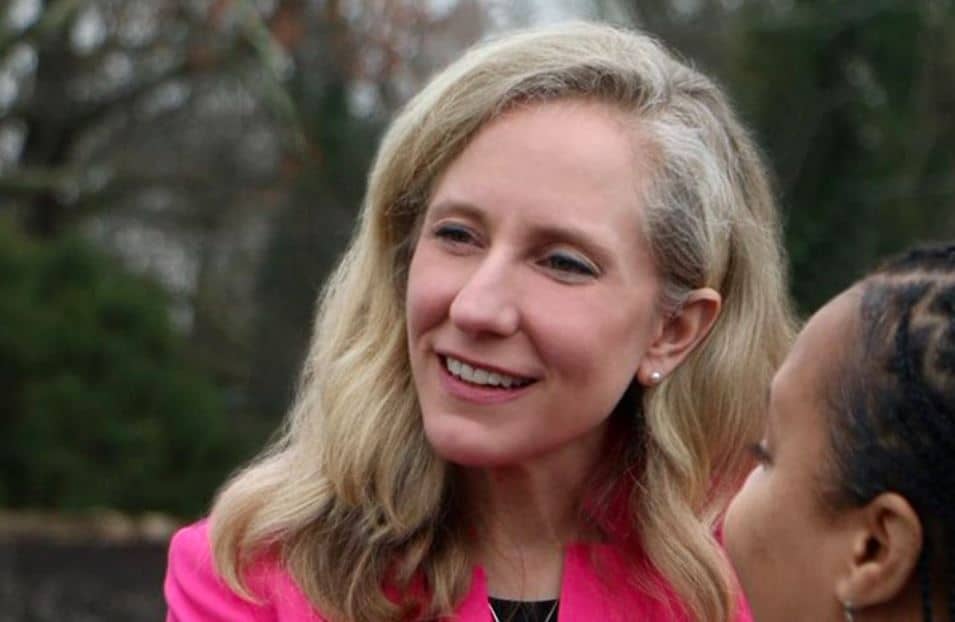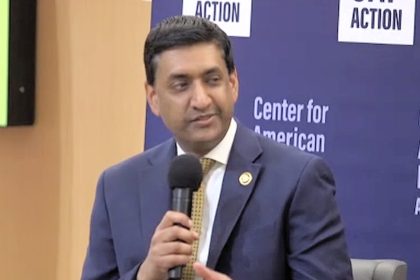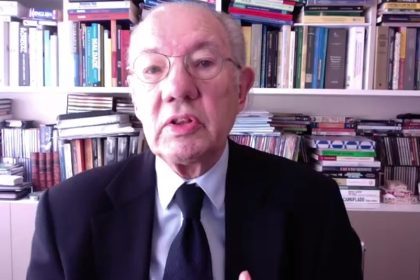Spanberger Says US Intelligence ‘Very Strong’

WASHINGTON — Within the span of about one year, U.S. intelligence went from celebrating its capability to prepare Ukraine for a surprise Russian invasion to an embarrassing and damaging leak of classified high-level documents by a low-level IT staffer.
Rep. Abigail Spanberger, D-Va., who previously served as a federal law enforcement officer with the U.S. postal inspection service before joining the CIA as an undercover case officer, is in a unique position to contemplate these events as well as overall national defense policy.
She recently spoke at Brookings Institution, a D.C.-based public policy organization, on the U.S. Congress’ national security priorities, challenges and legislative responsibilities — with a particular focus on the work of the House Permanent Select Committee on Intelligence, on which she serves.
“I think the overall state [of national intelligence today] is very strong,” Spanberger said. “We have agencies that are focused on collecting information and analyzing information and informing lawmakers, policymakers, the president, our military leaders and our diplomatic leaders.
“The information they provide is incredibly valuable … in assessing not just the facts and information they can gain but also just to understand … opportunities that exist throughout the world and help guide what’s happening in the policy space.”
While she admits there are “always areas where coordination can be improved upon,” she believes the movement of information across “different agencies that at times have different focuses and very different means of collecting” information and then bringing all of this together under the director of National Intelligence structure is “important.”
Also important is the structure of congressional oversight.
“I’ve now been on the committee just a few months, but certainly there is a lot of direct engagement that allows for us to ask really important questions, maintain that level of oversight not just of each individual agency, but at times the way they are engaging with one another, and how they are working within that DNI structure,” she said.
She stressed that good and healthy oversight means that Congress pushes back and asks questions.
“We are asking those questions because we want the intelligence community to be at its strongest, be its best, attract the best, maintain the best, do incredibly good work, protect our people, be a strong leader on the global stage,” she said.
“If you’re doing the right thing you should be able to answer those questions.”
This is also why she voted in favor of the new Select Committee on the Chinese Communist Party, recently established to examine strategic competition between the United States and China.
“There’s a world in which that committee could have been a not-serious endeavor focused on unserious issues,” she said, countering that she believes it is, instead, a “valuable endeavor … intended to be purposeful, and not created to be one of these lightning rod committees.”
“My hope and expectation is that they will look at questions of U.S. competitiveness through the lens of … what China is doing on the world stage,” she said.
While she applauded how the administration handled intelligence leading up to the Ukraine conflict, which she called “an important strategic choice” that was “also incredibly valuable in getting our partners and allies to understand the reality of how close we were [at that time] to seeing Russia invade Ukraine.”
She now worries about “actual real impacts with our allies, with our partners and with steps we might have to take to protect sources and methods” after the latest intelligence breach that is still under investigation.
“Dissemination, or leaks of classified information, are always detrimental to our national security,” Spanberger said, admitting that having our scope of national knowledge known has an impact on cross-border relationships as well as strategy.
“This is really challenging for our allies and partners. … And then there’s also looking at ‘How did this happen?’”
Still, she has confidence that U.S. intelligence is in a good place, both in agency and in congressional supervision.
“The chair and the ranking member of the [Intelligence] Committee have been very clear in their desire to have a committee that just does the work that it is meant to be doing — that is, in fact, endeavoring to pull back to a place of bipartisanship and functionality,” she said.
And while she’s enjoying her time in Congress, Spanberger entreated the youth of America, who may be interested in a career within the intelligence service.
“The intelligence community is an extraordinary place,” she said. “It’s a place where you get to have the ability to answer some of the toughest questions and inform people that are making really important decisions.
“It’s an opportunity to have adventures and to travel and to learn about people and places and their relevance to our country and our national security in a way that is so incredibly unique. It’s a place where people are driven by mission … united in this belief in something greater than yourself.
“I would encourage anyone to recognize and to see there is just an extraordinary opportunity that exists in the intelligence community.
“It is a complicated life — especially if you’re living undercover — but it’s absolutely an incredible way to serve your county.”
Kate can be reached at [email protected]
























